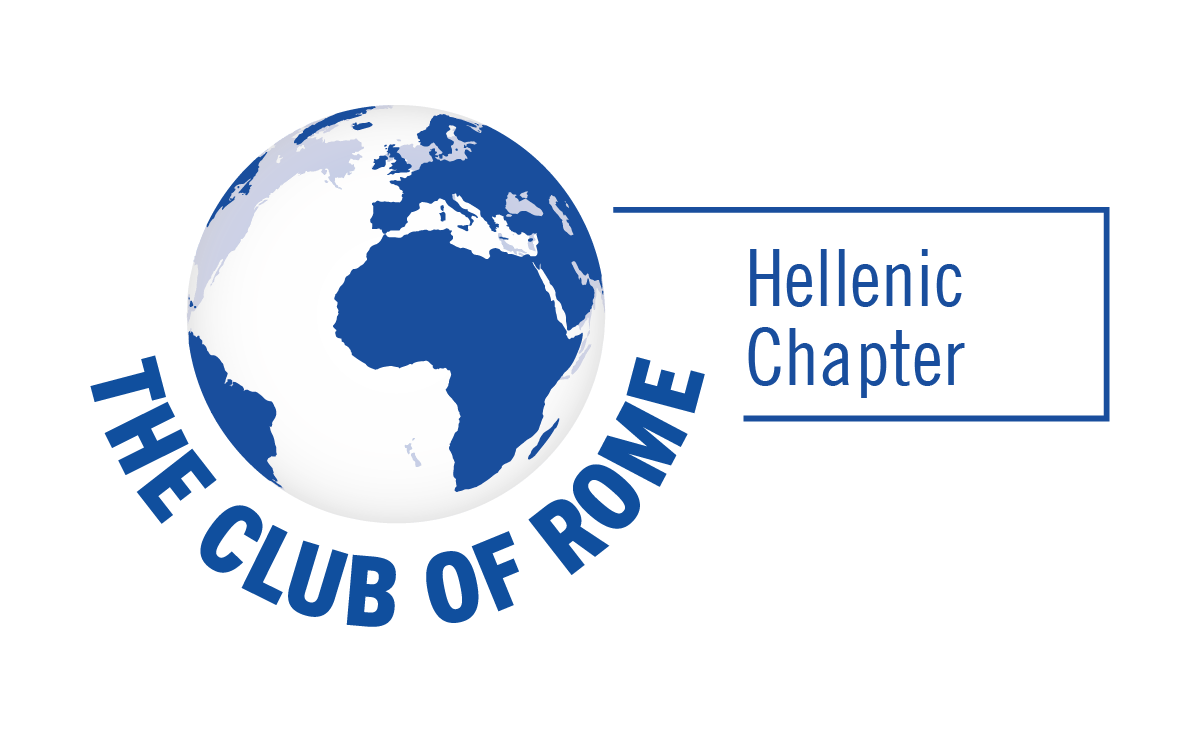Lecture by Professor Ioannis Stournaras
Athens Club, December 2, 2008
The President, Professor Agni Vlavianos Arvanitis and the Board of Directors of the Hellenic Chapter of the Club of Rome organized a special event at the Athens Club on Tuesday, December 2nd 2008 with guest speaker Professor Ioannis Stournaras, who spoke on the following topic: “The Greek Economy after the Global Crisis: In Search of a New Paradigm for Development.” Ambassadors and representatives from 24 countries were present, including the Ambassadors of Albania, Brazil, Chile, Croatia, Cuba, the Czech Republic, Estonia, F.Y.R.O.M., Georgia, Greece, Hungary, Israel, Nigeria, Norway, Serbia and Switzerland.
Representatives from Austria, Great Britain, Moldova, Romania, Russia, Saudi Arabia, Slovenia and the United States were also present. Distinguished members of the Hellenic Industry and the Foundation for Economic and Industrial Research (I.O.B.E) attended as well. The constructive dialogue which followed Professor Stournara’s presentation resulted in valuable insights about the economic crisis and ways to overcome it.
Professor Stournaras described the modern situation we live in as the end of an era for the dominance of the financial sector in the world and stressed three contributing factors to the present financial crisis. Firstly, financial markets experienced strong uncontrolled growth cycles from 2002 to 2007. Secondly, many economists fault the loose monetary policy in the United States in combination with the structural excessive liquidity coming from China and other oil countries in Asia. Thirdly, and most importantly, the present financial crisis seems to be closely linked to excessive de-regulation that occurred in the United States, especially after the effective elimination of the Glass-Steagall act in 1933 that culminated in the application of the Gramm-Leach-Bliley act of 1999.
Unfortunately, he added, the consequences of the present financial crisis are still uncertain, although everyone agrees that we are experiencing the worst credit crunch in history since the great crash of 1929. In April 2008, The International Monetary Fund (IMF) estimated that the overall losses from the credit crunch could top 945 billion dollars. This amount was later revised to 1400 billion dollars in October 2008, after the dramatic events of bankruptcy and economic interventionism by controlling authorities in the United States, the European Union and elsewhere.
According to Professor Stournaras, the financial cycle is influenced by oil prices and raw material prices. Huge fluctuations in these prices do not help investments. Countries with alternative energy sources however, like Greece, can turn to ‘green’ investments. For historians and those interested in geopolitics, the present financial crisis can be an opportunity to create new financial centers in Europe, SE Asia, the Middle East, and other countries with abundance in energy and raw materials.
A new architecture for the banking system is necessary to address the current financial crisis. The rules for this new architecture are a) transparency, b) improved risk management methods, c) coordination among regulators, d) independence and authority for all regulators, etc. Greece is fortunate to be a member of the Eurozone but needs to achieve capital adequacy in its financial markets to be able to deal with
downturns when financial cycles weaken. At the same time, it is also important to promote competitiveness and financial flexibility, together with social strengthening and solidarity, to protect the poorer citizens from the consequences of this crisis.

